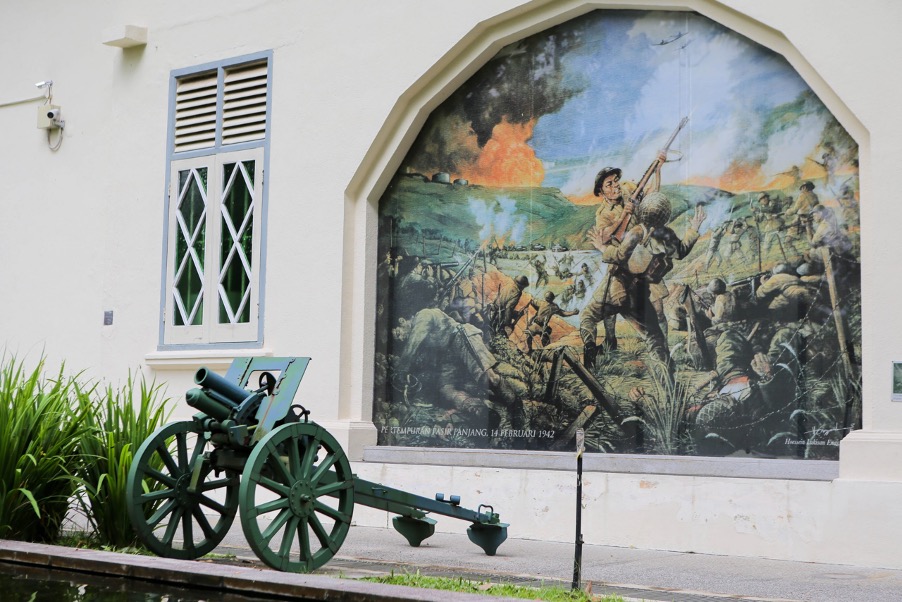Civilised
January 15, 2023

In 1967, the British government first forewarned the Singapore government of its intention to pull out its military presence from the former Crown colony. Though initially met with acceptance by Singapore, pressing financial restraints forced the British to push forward the military pull-out to early 1971, which posed serious security threats to Singapore as its first batch of military conscripts had only just started training in August 1971. Despite attempts to reverse the British government’s decision, the formal declaration of British military departure was announced in January 1968.
Although technically the last British solider to leave Singapore only departed in 1976, the official military departure as declared by the British signaled the end of the symbolic, physical reminder of colonialism in Singapore. While the effects of Britain’s colonial rule over Singapore have long been debated, what has never been debated is the significance of Singapore bearing the scars of a colonial past. Many works, both academic and creative in nature, have come into being, even until today, reflecting the effects of said colonialism.
In the play Civilised (2019), staged and produced by The Necessary Stage (TNS) and written by playwright Haresh Sharma, an alumnus of NUS English Language and Literature, the past and future of the effects of colonisation and decolonisation are brought to the fore in a satirical yet comical manner. Using theatrical devices such as breaking the fourth wall to interact with audiences and hyperbolic vocals and acting, the play serves as a stark reminder to audiences that although the British presence no longer physically survives in Singapore, discrimination against certain marginalised communities still exists.
Civilised’s timely staging also coincided with the Singapore Bicentennial, marking 200 years since Sir Stamford Raffles, Singapore’s widely-recognised coloniser, first stepped foot on the country’s shores. The play, in contrast to the Bicentennial celebration, discusses the negative consequences of colonisation and how it has influenced contemporary society, rather than simply celebrating the narrative of Singapore’s supposed transformation from a fishing village into the bustling maritime port it is today.
Read about the play here.
